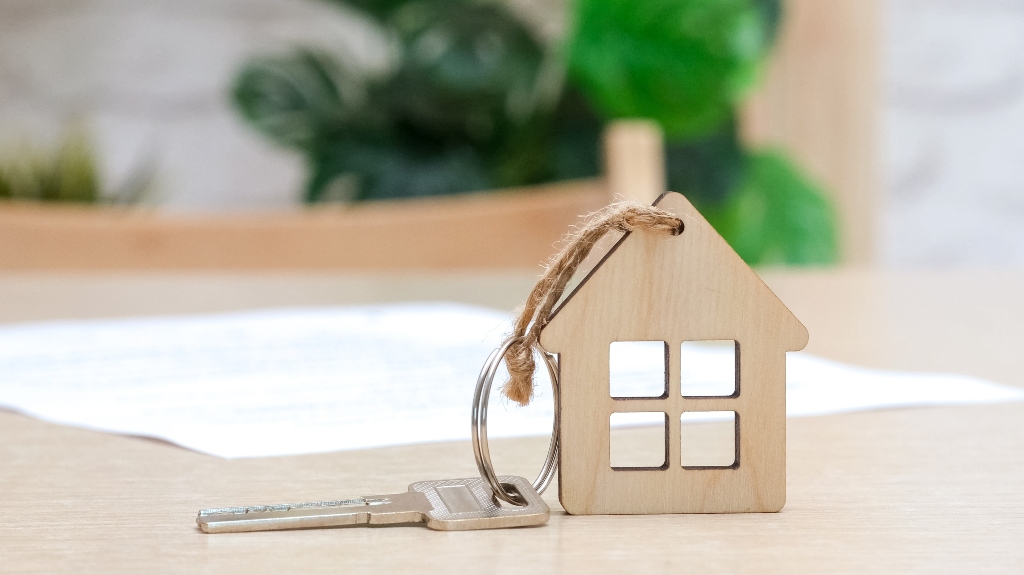
Finding an amazing deal on real estate is a once-in-a-lifetime opportunity, and nearly impossible to walk away from. But buying a home as-is in Minnesota can be riskier than skating on thin ice.
When a home is advertised “as-is” in Minnesota, it’s unlikely to include any guarantees about its condition or safety. Before making an offer, a buyer should find out exactly what the seller means by “as is.” Does it mean no disclosures, no inspection, or just that the seller wants to avoid lots of little negotiations? The buyer should do as much research as possible on the property’s condition before making an offer, and consult with an attorney to make sure their investment is wise.
The Pros and Cons of Buying As-Is Property in Minnesota
If you’ve found a great deal on real estate, it’s crucial to ask why the price is so good. Perhaps the seller inherited the property and never intended to live there, or maybe it’s in great shape but the seller is opposed to making even the smallest repairs.
There are variations in “as-is” sales. Sometimes, the seller is not interested in contact with the buyer and just wants to unload the property. Other times, the seller is a property flipper or other third party who has never lived on the property and truly doesn’t know the condition of the building or systems. It can also be a homeowner who is behind in payments and must sell before foreclosure.
An experienced real estate attorney can describe your rights and responsibilities as the buyer of an as-is property. It’s beneficial to have a real estate professional guiding you.
Pros of Buying As-Is:
- Quick process.
- No need to schedule an inspector.
- Less hassle with competitive bidding.
- Below-market price.
Cons of Buying As-Is:
- Waiving your legal right to sue if it’s in worse shape than advertised.
- Learning the cost of rehabilitation is far higher than expected.
- Finding an alternative place to live until work can be done.
What to Know Before Buying an As-Is House in Minnesota
Minnesota law requires that property sellers disclose any material defects that limit or prevent the buyer’s normal use and enjoyment of the site. But an “as is” sale may be an attempt to skirt that law by claiming ignorance of any defects in the property. Sellers can be legally liable for some aspects of a property’s condition for two years after selling.
When a property is offered “as-is,” it may mean:
- The seller wants to make a quick sale and is willing to accept a below-market offer.
- There may be issues with the structure or habitability of the property.
- Future uses of the property may be limited by town or regional planning.
- Future use of the property may be limited by code upgrades required by local officials.
- The seller doesn’t want the hassle of negotiating repairs with the buyer.
Material defects can take many forms, such as:
- Structural issues that undermine the safety of the property, resulting from poor workmanship, age, flooding, or storm damage.
- Livability issues such as a poor or nonexistent water source, unreliable electrical power, failed septic, long-term flooding, or overwhelming mold growth.
- Presence of lead paint, lead pipes, and/or asbestos in building materials.
- A significant pest infestation that undermines the structural integrity of the property.
Minnesota Real Estate Disclosure Requirements

Several states require property sellers to disclose the condition of the property and its contents. Minnesota’s disclosure form includes the following information:
- Age of the property and any systems that are included (air conditioning, heat, water pump, electrical wiring, etc.);
- Age of the roof;
- If there’s damage from ice, water, natural disaster, or insect/rodent infestation;
- If there are air quality problems inside the property or outside, such as from a nearby source;
- If there are noise problems on the property, such as from industry nearby;
- If underground storage tanks are present, and
- If there have been any claims on homeowner’s insurance policies for damage to the property.
Minimize Your Risks When Buying As-Is Real Estate in Minnesota
If you’re still tempted to buy an as-is home in Minnesota, consult with an attorney from Waypoint Law who understands the implications of such a purchase. Find out what rights a buyer retains if they sign a waiver releasing the seller from liability.
Purchasing as-is property in Minnesota always carries risks. Understand your rights and responsibilities by discussing your specific situation with Waypoint Law PLCC.
